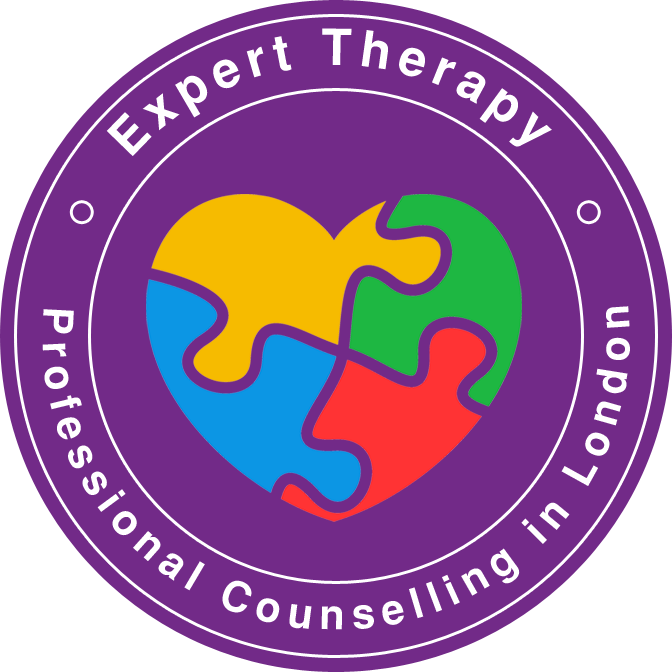Autism Spectrum Disorder Screening and Diagnosis
Autism spectrum disorder (ASD) cannot be diagnosed with a medical test, such as a blood test. Diagnoses are made based on a child’s developmental history and behaviour.
It is possible to detect Autism Spectrum Disorder at an early age of 18 months or younger. A reliable diagnosis can be made by an experienced professional by the age of 2. Many children are not diagnosed until much later in life. There are some people who are not diagnosed until they are adolescents or adults. ASD individuals might not receive early help due to this delay.
Children with ASD should be diagnosed as early as possible in order to receive the services and supports they need to reach their full potential. Several steps are involved in this process.
Monitoring the development of children
Monitoring a child’s development is an active, ongoing process of observing his or her growth and promoting communication between parents and providers. Monitoring your child’s development involves watching how he or she develops and whether he or she meets typical developmental milestones, or skills that most children reach by a certain age, in playing, learning, speaking, acting, and moving.
The development of a child can be monitored by parents, grandparents, early childhood education providers, and other caregivers. CDC’s Learn the Signs. Act Early. The program offers free resources, such as the Milestone Tracker app, to help parents and providers monitor your child’s development and identify concerns and additional screenings when needed. You can check your child’s development using a checklist of milestones. Ask your doctor or nurse about developmental screening if you notice your child is not meeting milestones.
A well-child visit will also include developmental monitoring by your doctor or nurse. If your child is developing as expected and meeting milestones, the doctor or nurse might ask you questions about their development.
You may also be asked about your child’s family history by the doctor or nurse. Tell your doctor or nurse if your child’s family members have ASD, learning disorders, intellectual disabilities, or attention-deficit/hyperactivity disorder (ADHD).
Developmental Screening
An assessment of your child’s development is part of a developmental screening.
There is a difference between developmental screening and developmental monitoring. In some cases, even if there is no known problem, it is part of a well-child visit.
At these ages, the American Academy of Paediatrics (AAP) recommends developmental and behavioural screenings for all children:
- Nine months
- Eighteen months
- Thirty months
During regular well-child visits at these ages, AAP recommends that children be screened precisely for ASD:
- Eighteen months
- Twenty-four months
A screening questionnaire or checklist compares your child to other children of the same age based on research. As well as behavioural and emotional questions, questions may pertain to language, movement, and thinking skills. The screening process can be conducted by a doctor, nurse, or other professionals in a healthcare, community, or school setting. As part of the screening process, your doctor may ask you to complete a questionnaire. If you or your doctor have concerns, you should consider screening at times other than the recommended ages. There should also be additional screening performed if a child is at high risk for ASD (for example, if there is a sibling or other family member with ASD) or if they exhibit behaviours sometimes associated with ASD. Your child’s healthcare provider can conduct developmental screening tests if your child receives them infrequently.
Diagnosis of developmental disorders
Using a screening tool does not provide a diagnosis, but it can help determine if a child is on the right developmental track or if a specialist should be consulted. There may be a need for a formal developmental evaluation if the screening tool identifies an area of concern. Formal evaluations are performed by trained specialists such as developmental paediatricians, child psychologists, speech-language pathologists, occupational therapists, or other specialists and are more in-depth than informal evaluations. Parents or caregivers may be asked questions or questionnaires by the specialist, or they may observe the child. It can be helpful to determine if your child meets the criteria for a developmental diagnosis based on the results of this formal evaluation.
There are several diagnoses included in autism spectrum disorder (ASD), including autistic disorder, pervasive developmental disorder not otherwise specified (PDD-NOS), as well as Asperger syndrome. You can get help understanding and navigating the diagnostic process from your doctor or another healthcare provider.
You can also determine whether your child requires early intervention services based on the results of a developmental evaluation. Your child may need genetic counselling or testing, depending on the specialist’s recommendation.

